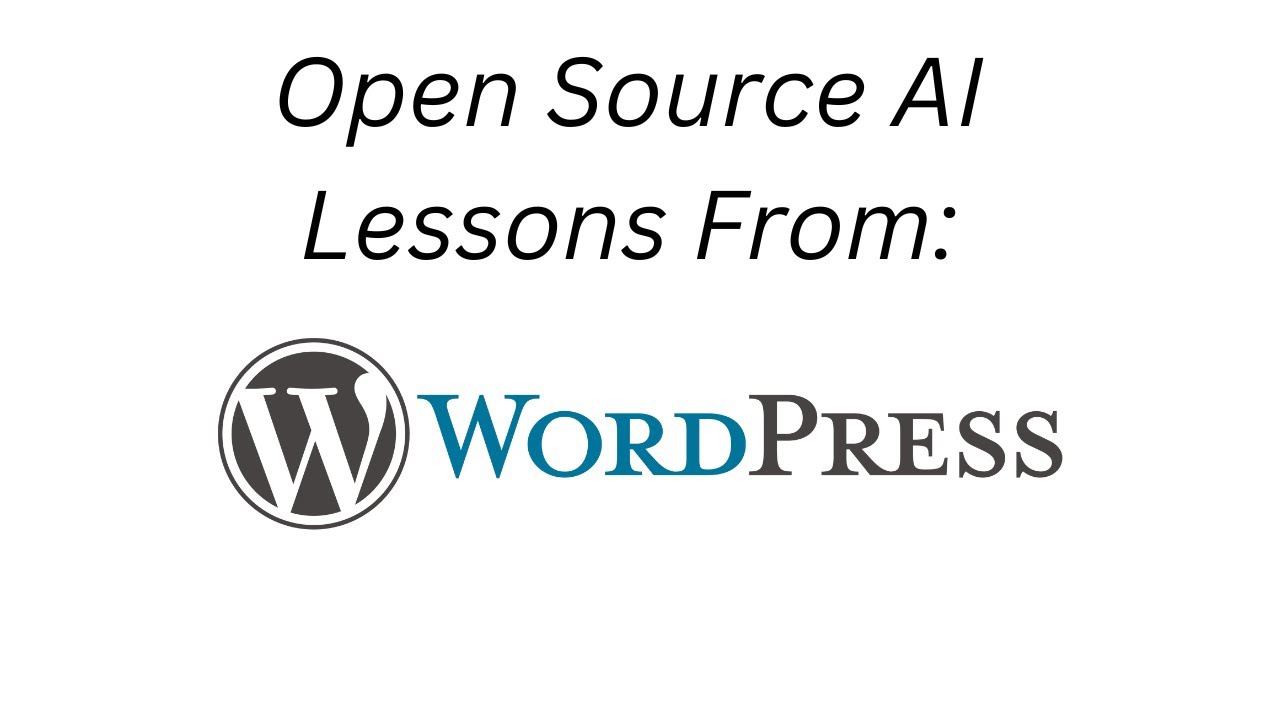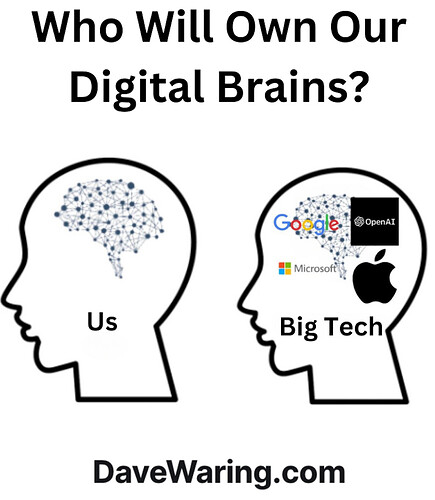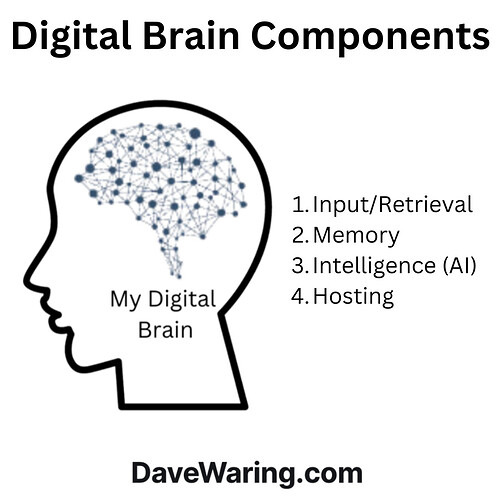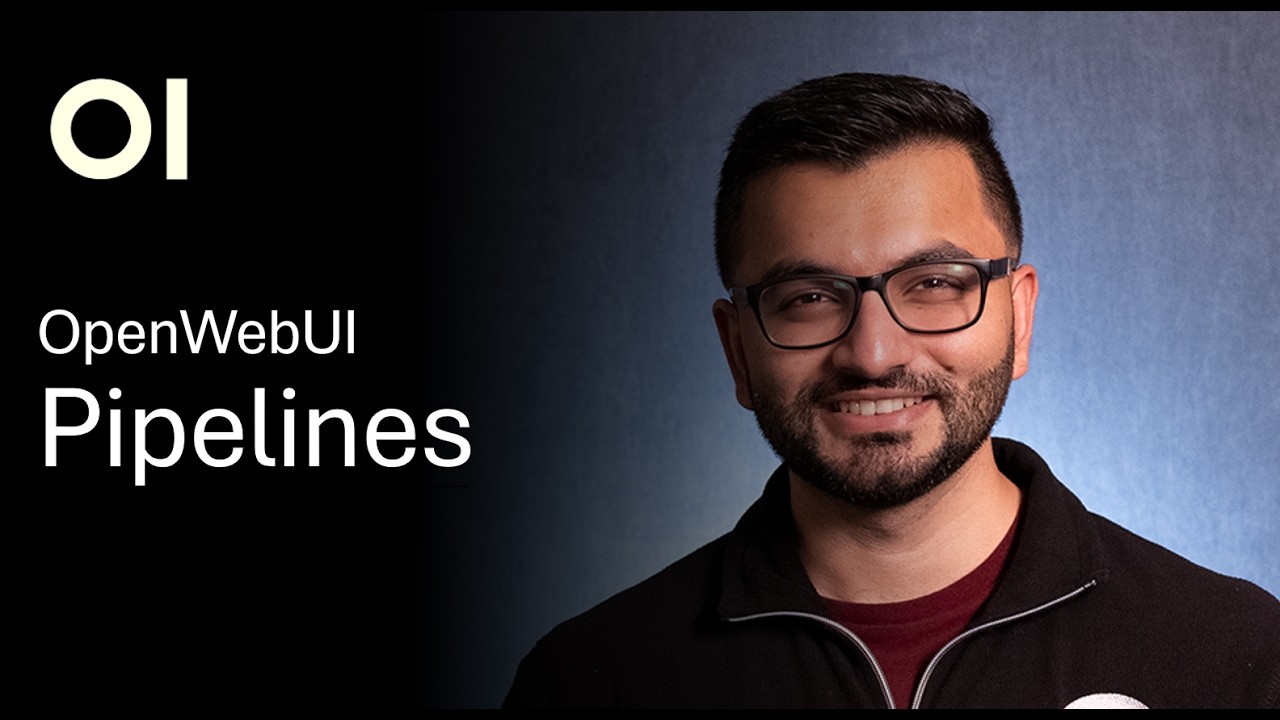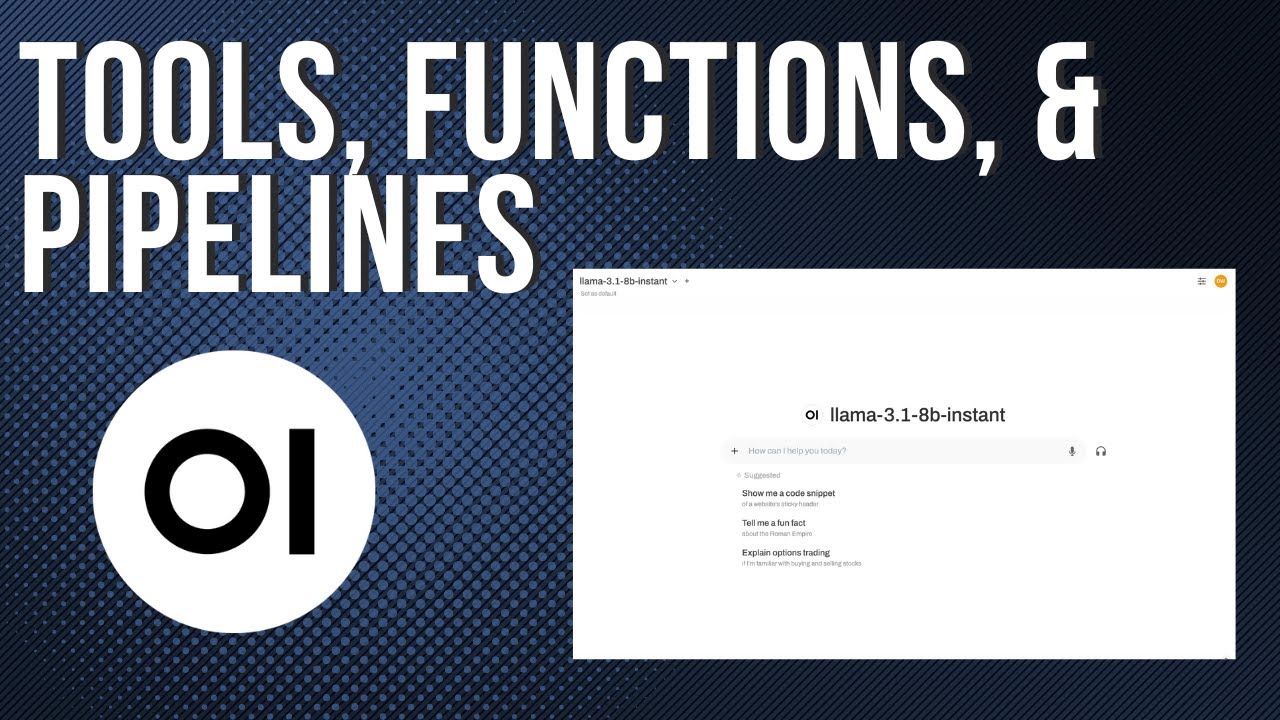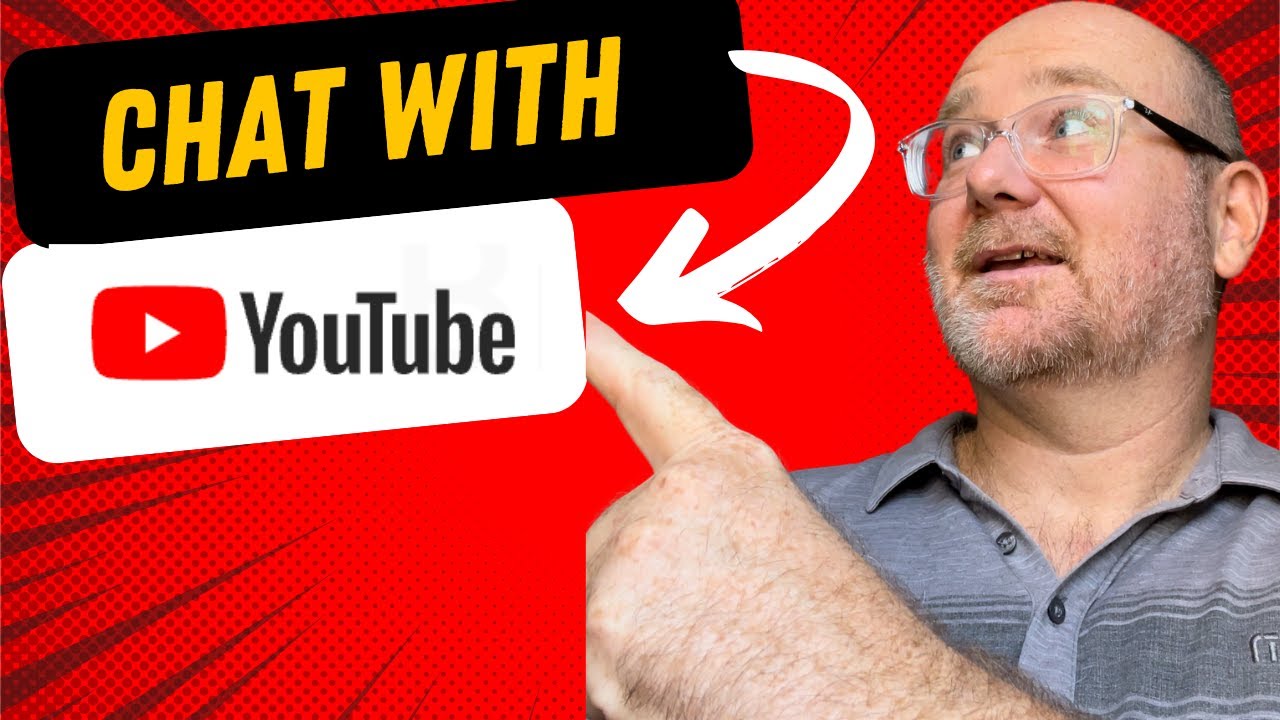There’s a war being fought for our digital brains — the AI systems that leverage our personal data and knowledge.
It’s the open source community vs. closed source providers like ChatGPT.
Currently, closed-source, corporate-owned digital brains like ChatGPT are winning.
But the battle is far from over.
History shows us the way forward:
Wordpress, an open source website builder, beat its closed source rivals in the early internet era.
And the open source AI community can follow their example to win the AI revolution and the war for our digital brains.
Here’s how:
1. WordPress gives ownership to the user.
The success of WordPress is built on one powerful principle: ownership.
With WordPress, users own their websites, their content, and their data.
They can host their sites wherever they like.
And they can change the system and code however they would like.
Once a user downloads Wordpress, it’s theirs.
It cannot be accessed or modified without the owner’s permission.
Not even by Wordpress.
Open Source AI systems (Digital Brains) should also give ownership to the user.
Open source AI systems should ensure users fully own the 4 components of their digital brains:
- Input/Retrieval - An interface to get information into and out of your digital brain
- Memory - Where the digital brain stores your information
- Intelligence (AI) - The smarts of the digital brain
- Hosting - A place for your digital brain to live.
No one should be able to access or modify a user’s digital brain without their permission…
Not even those that developed the system.
2. WordPress is easy for anyone to use.
WordPress allows anyone, from novices to expert developers, to build and customize websites.
They do this by putting simplicity up front…
While also providing the option for advanced customization.
Open Source Digital Brains should also be easy for anyone to use.
Setup should be as simple as downloading and logging into any other software.
At the same time, developers should have unlimited customization options.
3. WordPress is free for anyone to use.
Premium services and plugins can expand functionality, but core Wordpress is open and free.
Users can download WordPress, get started on their own servers, and customize it however they like…
With 0 upfront costs.
Open source digital brains should also be free for anyone to use.
This is crucial for AI systems, as most closed-source providers like ChatGPT have powerful free options.
But this is not the only reason.
Offering core features for free prevents centralized control of the core system by the company that is charging for it.
And ensures that the core system remains free not only in the monetary sense…
But in the freedom sense as well.
4.WordPress cultivated a thriving ecosystem without attempting to control It
And this ecosystem is what ultimately allowed the open source Wordpress community to defeat their closed source competitors.
This ecosystem includes:
a) Plugins**:**Numerous third-party plugins extend WordPress’s functionality, enabling feature additions without coding.
b) Themes: A vast marketplace of themes enables users to customize their site’s appearance easily.
c) Hosting providers: Specialized WordPress hosting services emerged, optimizing server environments for WordPress sites.
d) Developers and agencies: A large community of WordPress professionals offers services to businesses and individuals.
e) Educational resources: Countless tutorials, courses, and documentation help users learn and master WordPress.
f) Community events: WordCamps and meetups foster collaboration and knowledge sharing among users and developers.
They did this by:
- Ensuring the core platform remained open and free for anyone to use and build on
- Acting as a participant in the ecosystem, and not the owner of that ecosystem.
- Making it as easy as possible to use and build on, including high quality documentation for users and developers
- Providing free directories for community developed themes, plugins, and integrations.
- Allowing developers to monetize their add/ons however they would like, and to receive 100% of the revenue generated.
- Helping Wordpress users and developers connect via community forums, support groups, and in person meetups and conferences
Open Source Digital Brains should also cultivate a thriving ecosystem without trying to control it.
This ecosystem is the key to winning the war for our digital brains.
And it should include many of the same components as Wordpress’s ecosystem:
a) Plugins that can be used to extend functionality, allowing users to add features to their digital brains without coding.
b) Open Source AI algorithms - allowing users to swap different intelligences in and out of their digital brains
c) Hosting providers - Specialized open source digital brain hosts that ensure privacy, security and ownership for digital brain owners.
d) Developers and agencies: A large community of digital brain professionals offering services to businesses and individuals
e) Educational resources: Tutorials, courses, and documentation that help users learn and master their digital brain.
f) Community events - meetups and conferences to foster collaboration and knowledge sharing among users and developers
And open source digital brain systems should do this by:
- Ensuring the core platform remains open and free for anyone to use and build on
- Acting as a participant in the ecosystem, and not the owner of that ecosystem.
- Making it as easy as possible to use and build on, including high quality documentation for users and developers
- Providing free directories for community developed plugins, algorithms, and integrations.
- Allowing developers to monetize their add/ons however they would like, and to receive 100% of the revenue generated.
- Helping digital brain users and developers connect via community forums, support groups, and in person meetups and conferences
5. Wordpress’s ecosystem includes a decentralized economy
That decentralized economy is made up of the users, developers, designers, and other service providers that make their living off of Wordpress.
Wordpress’s decentralized economy has generated 100’s of billions of dollars in value.
And this financial success is a powerful flywheel that fosters continued innovation and ensures the long term viability of open source core.
Open source digital brain systems should also include a decentralized economy
A decentralized economy that is made up of the users, developers, designers and other service providers that make their living off of open source digital brains…
One that will eventually generate 100’s of billions of dollars in value…
One that will generate a powerful flywheel of financial success that fosters continued innovation and ensures the long term viability of the open source core
One that powers a better alternative to closed source digital brain systems like ChatGPT…
And allows us to win the war for our digital brains.
Thanks for reading.
Dave
